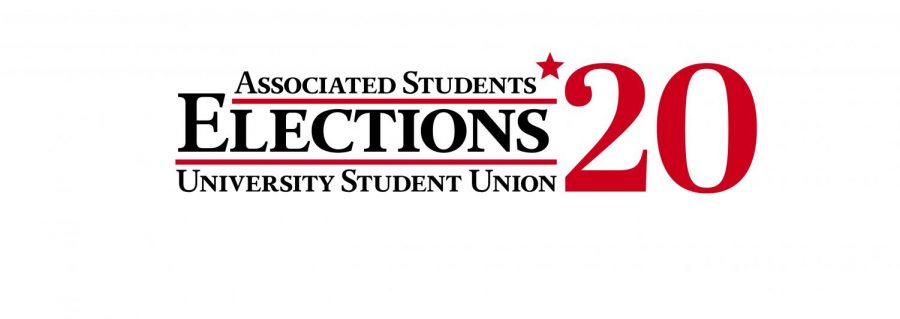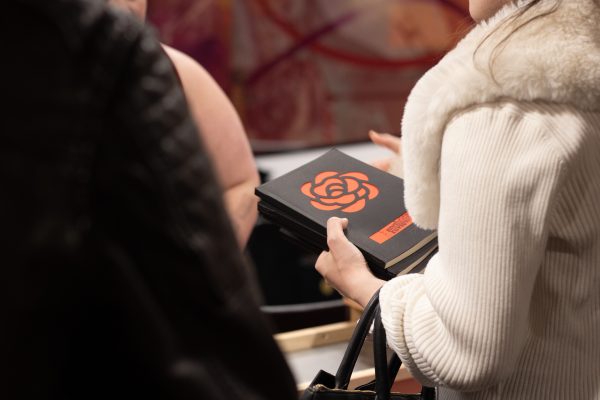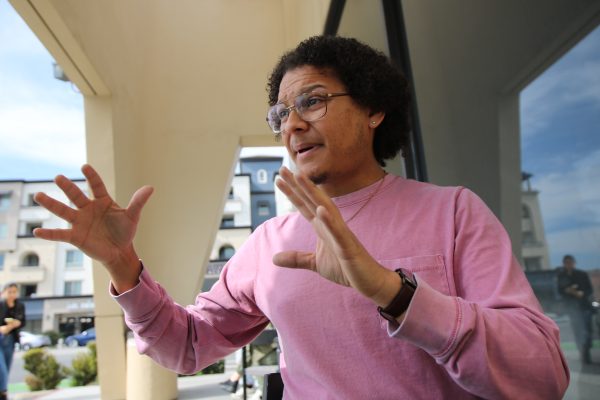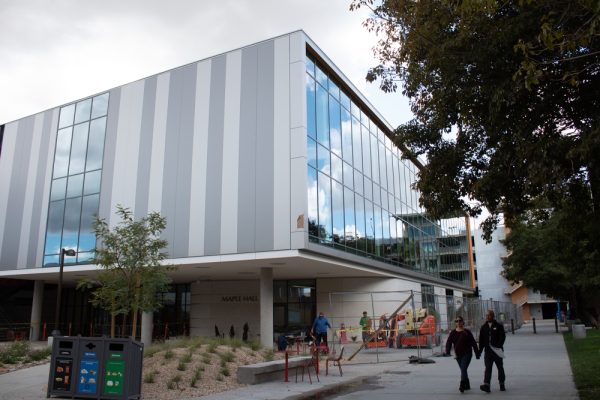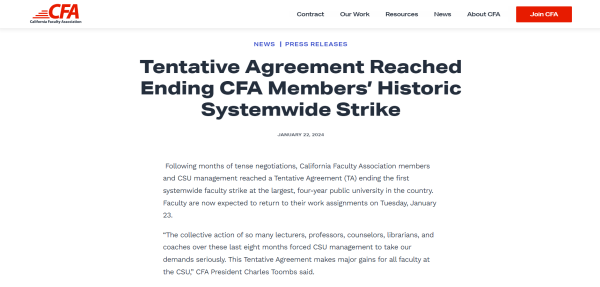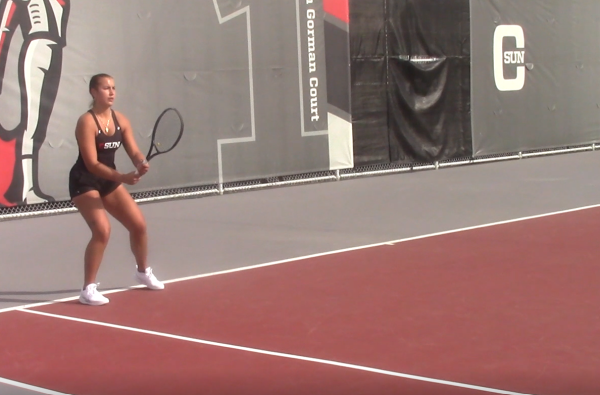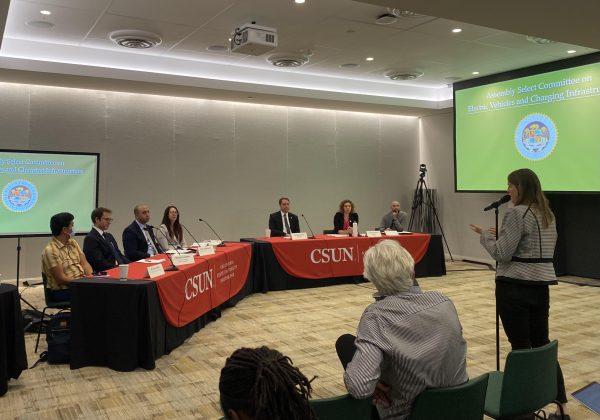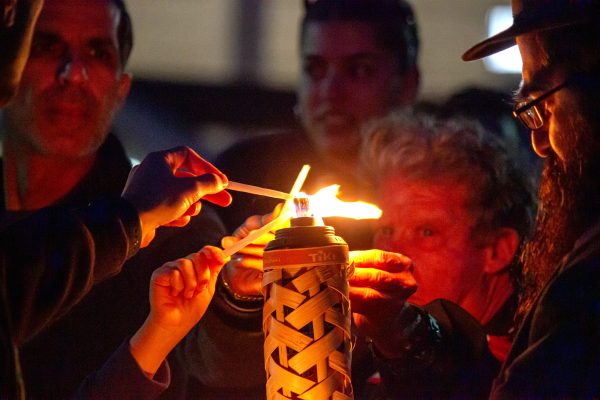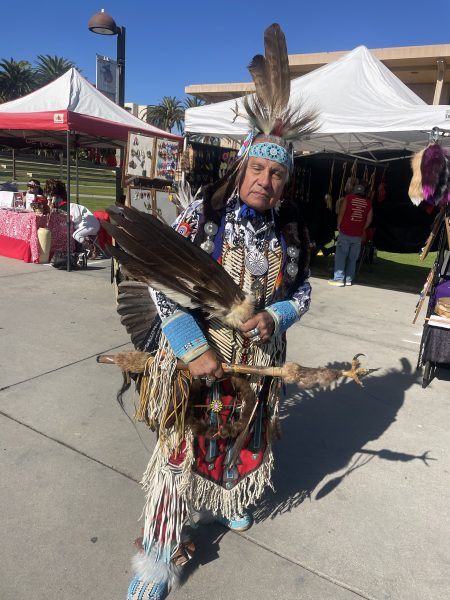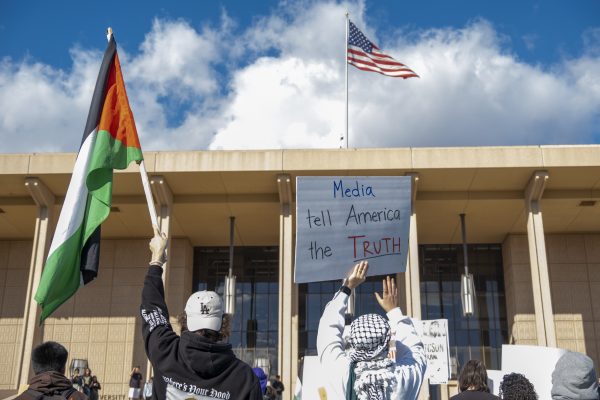AS Judicial Court rules against demand to redo AS presidential election
April 22, 2020
The Associated Students Judicial Court ruled to uphold the results of the 2020 presidential and vice presidential election following an April 14 court hearing in which the plaintiff, former senator Rachel Bonilla, argued that the elections committee violated a clause in the AS Constitution that guarantees all students equal opportunities.
“The elections committee, because of the lack of emergency planning and a sudden global pandemic, was not able to do their due diligence to fulfill the requirements of the Associated Students Constitution, therefore violating the document,” Bonilla wrote in her official judicial court complaint.
The elections committee moved the election, which was held April 1 and 2, exclusively online in light of the COVID-19 crisis. Rose Merida and Deion Turner of the Project R.E.D. slate were elected president and vice president.
Bonilla originally presented a complaint at a senate meeting on April 6. Before this year, it was the senate’s duty to vote to confirm the results of the AS election, but a change in the elections code last semester shifted that responsibility to the elections committee. Bonilla filed an official complaint to the judicial court the following day on April 7, according to AS Judicial Court Chief Justice Maksim Yukhtman.
Typically, the court facilitates mediation between the plaintiff and the defendant, but because Bonilla’s complaint was time-sensitive and offered little room for compromise, the court decided to move straight into a court hearing, according to Yukhtman.
Bonilla argued that the elections committee failed to offer equal opportunities to all students in the 2020 election. Bonilla’s official complaint makes various arguments to support this claim.
“The election did not advocate for students who were in drastically negative physical, psychological, and/or emotional states due to COVID-19, and ultimately students’ last priority was the election and being informed,” Bonilla wrote in the complaint. She stated that many students lacked internet access and were therefore unable to participate in the election.
Bonilla also argued that a 50% plus one majority was not reached by the winning presidential and vice presidential candidates as mandated by the constitution and claimed the results were invalid.
The court found that the 50% plus one rule was followed as Big Pulse, the company AS hired to operate its online, ranked-choice voting system, did automatic run-off election rounds until a majority was reached.
Bonilla also argued that equal opportunity was not ensured for the presidential and vice presidential candidates, citing a complaint that alleged Merida and Turner’s campaign violated new social media guidelines put forth by the AS elections committee.
The committee created special social media guidelines for candidates in an attempt to regulate campaigning as it shifted exclusively online. However, the committee learned that it could not enforce the guidelines because they were not a part of the senate-approved election code, according to the chair of elections, Marvin Chowdhury.
According to Bonilla’s complaint, this gave Merida and Turner an unfair advantage, serving as the basis to call for a redo of the presidential and vice presidential election as opposed to a redo of the AS election as a whole.
“Due to circumstances, I don’t think it was possible to make a completely fair election that was solely based online, but they did their best,” Yukhtman said. “The elections committee didn’t violate any of the rules. None of the parties violated any rules that held ground in judicial court.”
Bonilla’s complaint also cited a dip in voter turnout from last year as further reason to redo the election, but the court ruled that a 3% drop in turnout from last year was not substantial enough to prove that students were misrepresented.
Chief Justice Yukhtman and Associate Justices Zach Gluzman and Jonathan Morataya respectively ruled that the elections committee did the best it could to preserve equal opportunity under the extraneous circumstances and election code constraints, and therefore did not violate the corresponding values statement in the constitution. The court also recommended that any future guidelines set by the elections committee be enforceable.
Yukhtman said this was a difficult case because there was no precedent for a case involving a pandemic.
